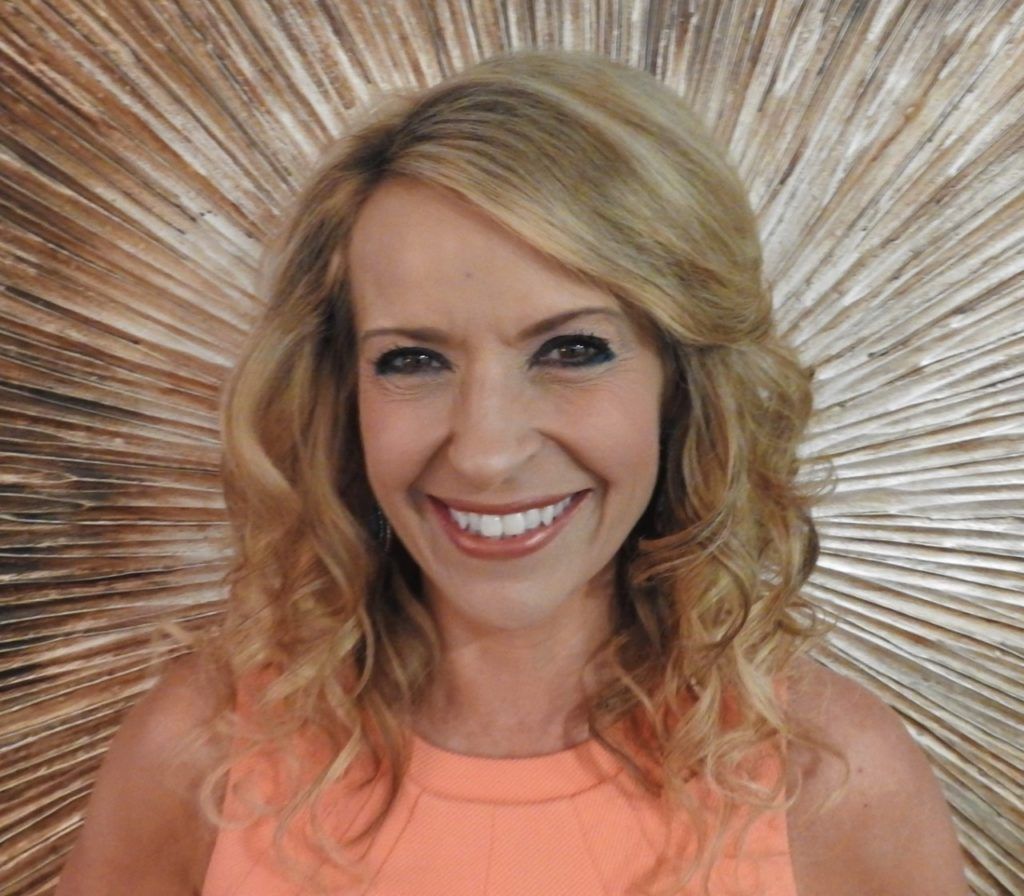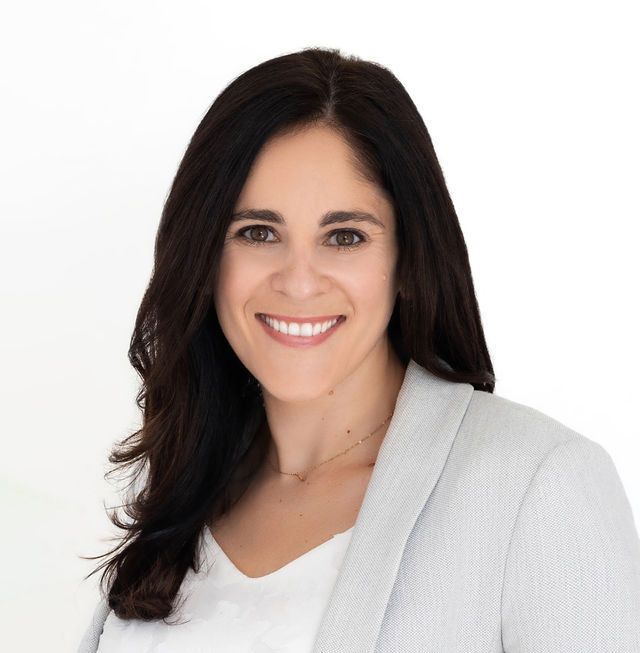As another year arrives, it is often the time for resolutions, declarations, changes and so much more.
While all of that is exciting, and forward-thinking, in some ways those grand propositions—or assumptions—can be discouraging and even disappointing. They can give the impression that change is meant to happen at a certain strike of the hour, or flip of the calendar, and that what we currently are doing is wrong or inadequate.
If we don’t make an overhaul, we are sliding backward or even failing. No wonder some people feel as though the New Year is thrilling, while others have a sense of dread about it.
Here is a four-step process to having a clear outlook toward 2022 and for any major circumstantial changes in your life: track, assess and consider, and KTS (keep, tweak or stop).
As something is about to change, whether it is a new relationship, role in your career, location or the year itself, look at your habits. We all are a series of habits and while it does not sound glamorous, or sophisticated, it is simple and it is true. What is a good way to get to the point of knowing your habits and making decisions about them? Determine how you want to be, and feel, during the next X amount of time, and quantify that with one statement, such as, “I want to be my best through consistent rest, good-quality friendships, being present and accomplishing meaningful work while maintaining health that allows me to travel and explore freely.”
Yours may be similar, or very different, and no statement is right or wrong; rather, that it is what makes the exercise personal.
First, track what you do for a week. Yes, it’s tedious and often revealing (you can do this for spending, too, if that is an “opportunity” in your life for improvement), as you record what you are doing, what you are accomplishing and how you feel doing it.
Next, assess if each activity, or action, is moving you toward where you want to go. Actions typically hold you back are neutral or move you forward.
From there, consider each activity, the amount of time and the value you place on it. In other words, consider what would happen if you didn’t do it or if someone else did it. Imagine life without it and think through the value of the experience in each case.
Finally, decide if you are going to K, T, or S, meaning if you are going to keep the habit as is, with no change, tweak it somewhat to enhance the consideration and the impact or stop it to spend more time on something you are already doing or start something new in its place.
If, and when, you are willing to invest a week in yourself around this time of year, you will be able to cheer in the new year with the knowledge that you have not only reviewed your efforts, and your habits, you have, in fact, welcomed a new year with some not-so-different habits in cases that you chose to keep them and even with those you tweak. As for those you stop, you’ll know the reason based on that positioning statement you created for you, at this time in your life.
In the short term, you will have a clearer focus, and in the long term, you will likely be creating a habit, in and of itself, for future changes … in life and on the calendar.
Happy New Year and all the best in 2022.
Debbie Lundberg is the founder and CEO of the Florida-based firm Presenting Powerfully. An 11-time published author, certified virtual presenter, certified life coach, certified leadership coach and certified image consultant, she is a performance coach who co-hosts the Business of Life Master Class podcast. Her latest book, Remote Work Rockstar, has become a guide for working and leading virtually.










